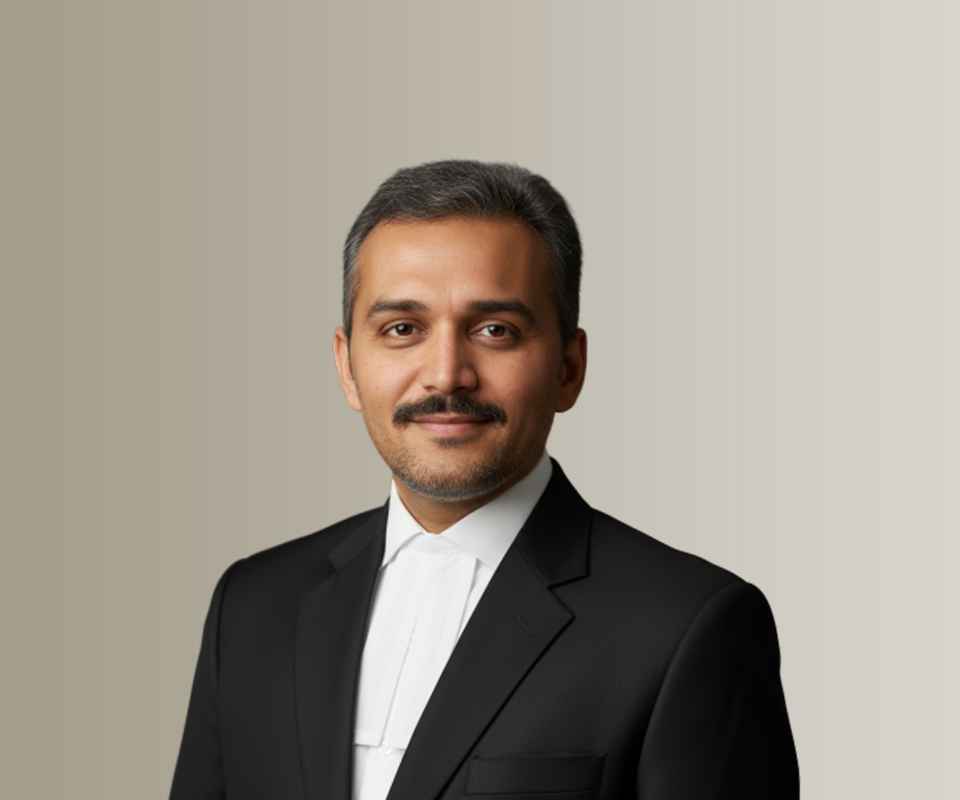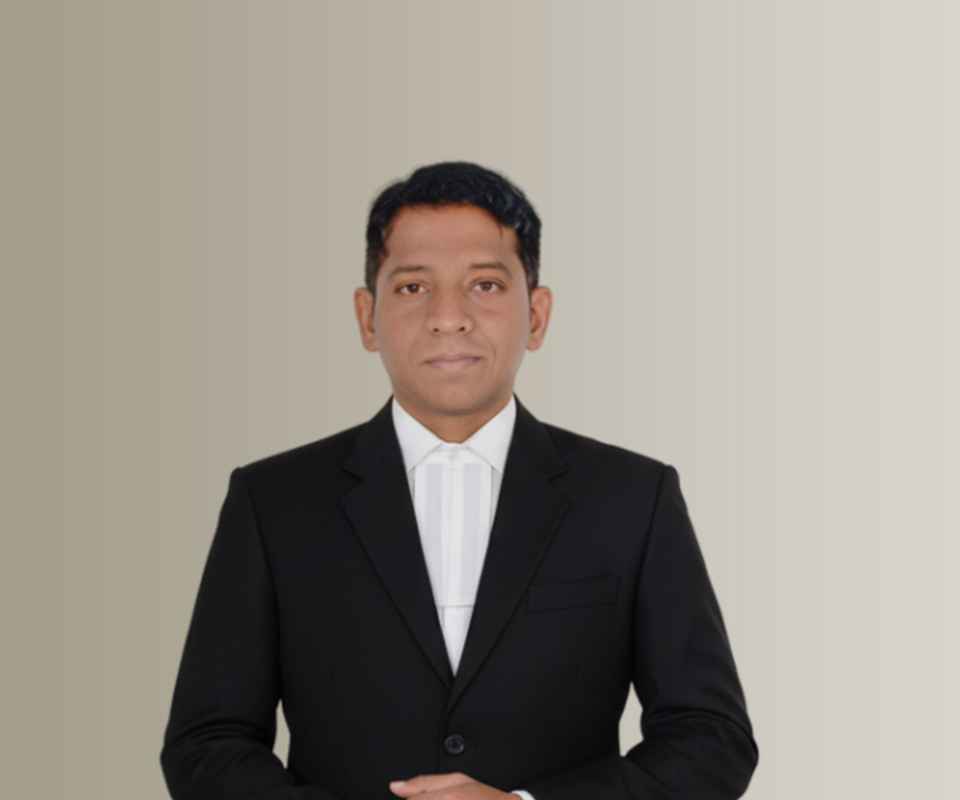Answer By law4u team
In India, software as such cannot be patented because it falls under the category of “computer programs per se”, which are excluded from patentability under the Indian Patents Act, 1970 (and as interpreted by the Patent Office and courts). Key Points About Software Patents in India: 1. Computer Programs Per Se Are Not Patentable The Indian Patent law explicitly excludes “computer programs per se” from patent protection. This means pure software or algorithms by themselves cannot get a patent. 2. Patent Protection Possible When Software is Part of a Novel Invention Software may be patentable if it demonstrates a technical effect or is combined with hardware to produce a novel and inventive technical solution. For example, software that improves the functioning of a device or controls an industrial process can sometimes be patented. The invention must solve a technical problem in a technical field, not just be a business method or mathematical method implemented on a computer. 3. Guidelines by the Indian Patent Office The Patent Office follows guidelines that exclude mere software but allow patents if the software has technical advancement or a technical effect beyond standard software functioning. 4. Business Methods and Algorithms Business methods implemented by software, algorithms, mathematical formulas, or abstract ideas are not patentable in India. Summary: Pure software or computer programs as such are not patentable in India. Software combined with novel hardware or providing a technical solution can be patented. Patent applications must clearly demonstrate the technical effect and inventive step beyond a mere software routine.









